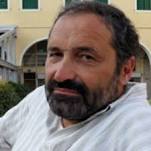Teaching Staff 2021
Licínio C. Lima is full professor at the Department of Social Sciences of Education, Institute of Education – University of Minho, Portugal. At UMinho he was Head of the Unit for Adult Education (1984-2004), Director of the Research Centre for Education and Psychology (1994-1997), Head of Department (1998-2004) and Director of the PhD in Education (2011-2013). He is guest professor in various universities in Europe, Africa, Asia and Latin America. He has been engaged in research and international co-operation projects and he is the author of several academic works, including more than thirty books. His main research topics are democracy and participation in educational organisations, and adult and permanent education policies, having written extensively about Paulo Freire.

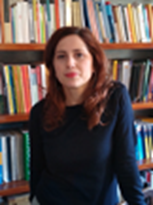
Anna Carreri is teaching assistant in sociology of work at the University of Verona and research fellow at the University of Trento. She is also affiliated with the University of Hasselt, Belgium. She was a visiting scholar at the Central European University (CEU) in Budapest (2014) and at the Research Centre SEIN – Identity, Diversity & Inequality Research, University of Hasselt (2017).Her research is conducted mainly through qualitative methods and focuses on: work-life issues from an intersectional perspective; quality of working life in relation to changes in the labour market and organizational models; (new) labour cultures and the role of trade unions.
Carlo Chiurco is associate professor of ethics at the university of Verona. A hardline Nietzschean enamoured of Venetian painting, cats, libertine books, Louis XIV, opera and good-looking bearded guys (not necessarily in this order), his research presently focuses on the late Nietzsche’s attempt to solve the problem of the rise and fall of civilizations, and issues of philosophy of medicine, such as the definition of health and illness. In the end, the two topics are quite related: because there is always a good deal of method in madness, you see.
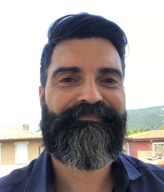
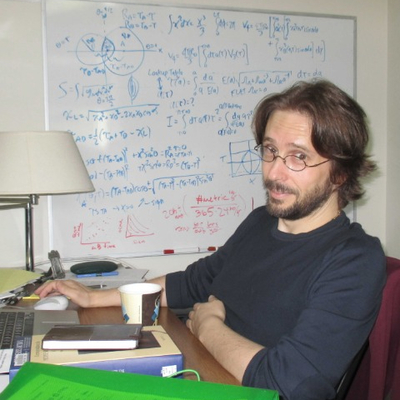
Massimiliano Badino is associate professor of Logic and Philosophy of Science and the Department of Human Sciences, University of Verona. During his bumpy career, he worked as postdoc fellow in as fancy places as Berlin (Max Planck Institute for the History of Science), Barcelona (Universitat Autonoma) and Boston (Massachusetts Institute of Technology), where he spent two wonderful years as Marie Sklodowaska-Curie Fellow.
His research interests range wildly from history to philosophy of science, in particular mathematical physics. He wrote on statistical mechanics, early quantum physics, celestial mechanics, chaos theory, and scientific realism. His most recent research concerns the social epistemology of artificial intelligence, the belief dynamics in digital environments, and the philosophical problems of machine learning and data science. He is determined to find the innermost truth of the universe or at least a decent cup of coffee.
Luca Mori teaches Sociology at the University of Verona. He’s been visiting scholar at the University of York (UK) and at the University of Washington – Seattle (USA). His main areas of research are social theory, sociology of health and illness, social imaginaries. He has written (more or less) extensively on topics such as subjectivation and identity, the quantified self, digital health and the integrative roles of cultural dimension. He will profit from the Summer School in Human Science to stir up the students to revolt against the neoliberal order. First target: Amarone wineries.
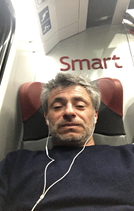
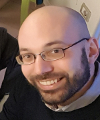
Michele Scandola is a researcher in the neuroscience field, interested in body, action, space and time representations, and their influences on cognition at the NPSY-Lab.VR, University of Verona.
In particular, his research work is focused on patients with a spinal cord lesion, people that are experiencing in their everyday life a body-brain disconnection from both the sensorial and motor functionality.
The concept of Crisis in his research is divided into the study of the neuroscientific and cognitive components of disability, and the relationships between body and emotion.
He teaches “Neuroscience of Learning” and “Body and Disability” @ UniVR, and he is involved in several initiatives to improve methodological knowledge in post master’s degree education.
Giuseppe Fornari is Associate Professor of History of Philosophy at the University of Verona, Italy. He has written widely on the origin of human culture, Greek philosophy, Christianity, the Italian Renaissance, and modern thought, with particular attention to Kant, Nietzsche, Freud, Husserl, Heidegger, Bataille, and Girard. Among his publications are to be signaled A God Torn to Pieces: The Nietzsche Case (2013) and the wide research in two volumes Dionysus, Christ, and the Death of God (2021).
